The future of vehicles is electric, and for public transport in Kenya, we are in the future. Nairobi is becoming the pioneer in all-electric buses transportation in Africa, two startups now at the forefront. Needless to say, sustainable and low-emission public transport options have been long overdue.
OpiBus
OpiBus is a Swedish-Kenyan electric mobility company that started back in 2017. The company began with fitting normal petrol and diesel engines with electric motors and battery packs. Just late last year, they raised $7.5 million (KES 835 million). This was the highest raise done by an electric mobility company in Sub-Saharan Africa. Huge! The results? The first all-electric bus production in Africa.
In January, OpiBus introduced their first locally designed and developed electric bus. I don’t know what exactly I expected, but the design of the bus is not it. However, for using local engineering talent and manufacturing partners, I give a pass. I will take mobility in any form factor as long as it is electric.
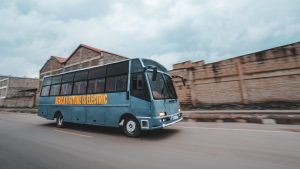

Image Courtesy: OpiBus
In April 2022, OpiBus rebranded to Roam. This change came following their expansion to new emerging markets. Their products be divided into the following segments: Roam Motorcycles, Roam Transit (buses), Roam Energy & Charging, and Muse (their conversions for the Mining, Utility and Safari segment).
A week ago, Roam launched their new electric bus. This time, I have no qualms about the design-it is actually pretty impressive. They equipped the bus with a 384-kWh battery pack that allows for a range of 360 kilometres. It also can fully charge in less than two hours through DC charging ports.
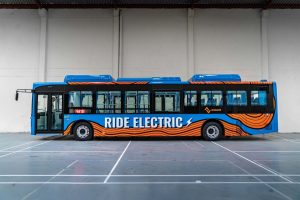

Image: Roam
BasiGo
BasiGo, is a Nairobi-based electric vehicle (EV) and a finance company that was launched in November of 2021. It is reported that they have raised $1m (KES 113 million) in pre-seed funding for use towards deploying electric buses on Kenyan roads.
BasiGo is importing fully built buses from BYD Auto, a global producer of electric buses. Through collaboration with PSV operators in Nairobi, they are testing out two buses in a pilot program before importing more.
BasiGo has been piloting two electric passenger buses in Nairobi, in partnership with Citi Hoppa and East Shuttles, since March 2022. The buses have covered over 42,000 kilometres of passenger operations.
In July 2022, BasiGo won the Keeling Curve Prize (KCP), taking home $25,000. The prize is a program of the Global Warming Mitigation Project (GWMP). This is towards those projects with show success in reducing, eliminating, avoiding, or drawing down greenhouse gases out of the atmosphere.
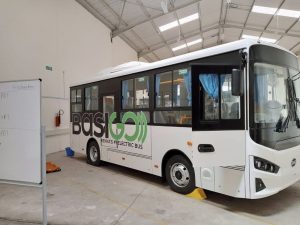

Image Courtesy: BasiGo
Affordability
The proprietary electric buses from Roam greatly reduce production expenses for them. Utilization of local talent and manufacturing is wise, spending less for superior performance. On their end, BasiGo have an easier financing option for bus operators who will want to buy from them. The subscription-based model, ‘pay-as-you-drive’, will allow bus owners to pay as per the kilometers driven each day.
Additionally, maintenance costs go lower with electric buses. There are no combustion engines or oil gaskets that need constant change and fixing. The cost of charging the buses is significantly cheaper, compared to the ever-rising fuel prices. Therefore, passengers are likely to benefit from reduced transport charges.

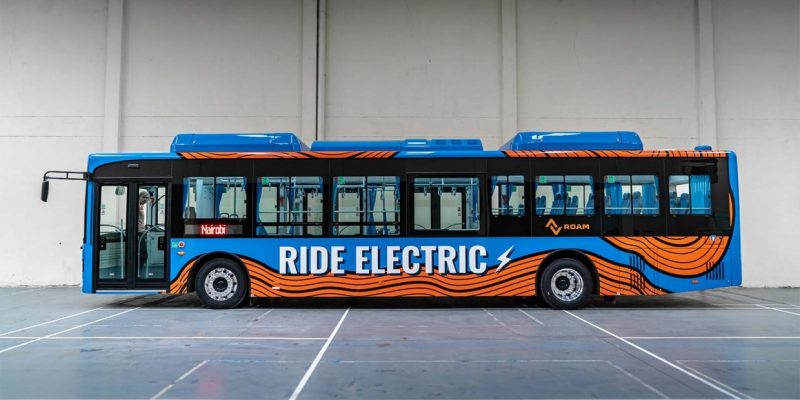
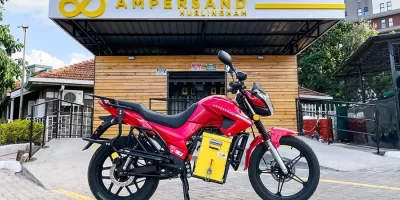
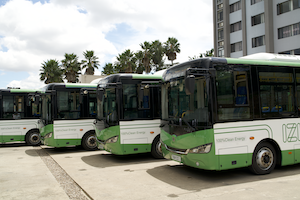
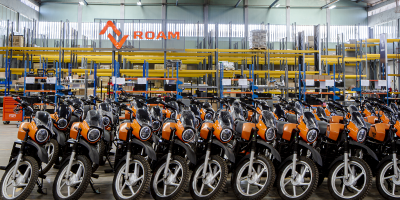

[…] houses using healthier choices like solar plus renewable energy. Nairobi is already the pioneer in all-electric buses transportation within Africa, two startups now at the […]